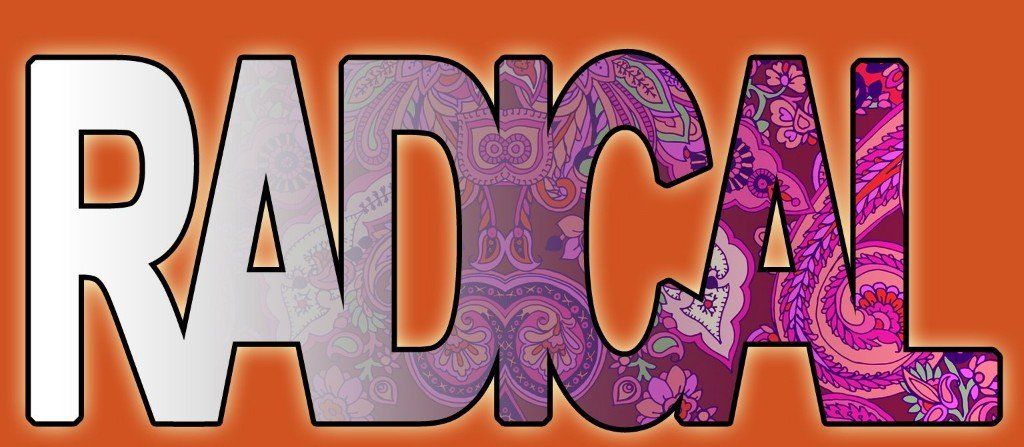Study Guide: Week 6

David Platt, Radical
How Much is Enough? (Ch 6)
James 5:1-6
1 Come now, you rich, weep and howl for the miseries that are coming upon you. 2 Your riches have rotted and your garments are moth-eaten. 3 Your gold and silver have corroded, and their corrosion will be evidence against you and will eat your flesh like fire. You have laid up treasure in the last days. 4 Behold, the wages of the laborers who mowed your fields, which you kept back by fraud, are crying out against you, and the cries of the harvesters have reached the ears of the Lord of hosts. 5 You have lived on the earth in luxury and in self-indulgence. You have fattened your hearts in a day of slaughter. 6 You have condemned and murdered the righteous person. He does not resist you.
Theme:
American Wealth and a World of Poverty
Reflection and Study Questions
1. Which story in chapter 6 grabbed your attention the most? Share.
2. Discuss Pratt’s question about our materialism and Christian faith: “Is materialism a blind spot in American Christianity today? More specifically, is materialism a blind spot in your Christianity today?” (p. 111) Would you be willing to pray “to let the gospel radically transform the way you understand and use your possessions in our American culture?” (p. 113)
3. How does James 5:1-6 depict the “rich?” Would Pathway be defined as “rich” in our world? Would you be considered rich? Explain. What’s Pratt’s view on this issue? (pp. 113-115)
4. How are the laborers and harvesters described in James 5:1-6? Who are the laborers and harvesters today? Where are they located in the world? Bay Area? Tri-Valley?
5. Read Mark 10:17-22. To what extent does Jesus’ conversation with the rich young man apply to you? (See Pratt, pp. 119-129 for his discussion.)
6. Read 1 Timothy 6:17-19 and discuss Pratt’s analysis: “Give. Give generously, abundantly, and sacrificially. Give not because your stuff is bad. Give because Christ is in you. Give because your heart has been captured by a Savior who has produced in you ‘overflowing joy,’ welling up in ‘rich generosity.’” (pp. 130-131)
7. According to Pratt, “It is a constant battle to resist the temptation to have more luxuries, to acquire more stuff, and to live more comfortably. It requires strong and steady resolve to live out the gospel in the middle of an American dream that defines success as moving up the ladder, getting the bigger house, purchasing the nicer house, buying the better clothes, eating the finer food, and acquiring more things.” (p. 136) To what extent do you agree with Pratt’s ideas? How do you make decisions about these issues?
8. Pratt concludes the chapter with the following words: “We can stand with the starving or with the overfed. We can identify with Lazarus on his way to heaven or with the rich man on his way to hell. We can embrace Jesus while we give away our wealth, or we can walk away from Jesus while we hoard our wealth. Only time will tell what you and I choose to do with this blind spot of American Christianity in our day.” (p. 140) In response to James 5:1-6, Mark 10:17-22, and 1 Timothy 6:17-19, what kinds of choices do you think God wants you to make in light of finances and possessions? Share.
